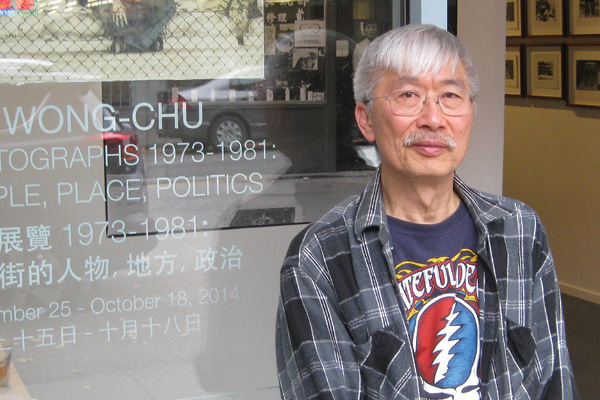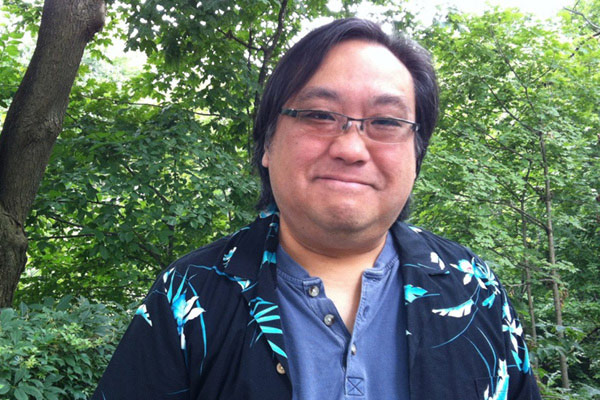By Terry Watada
Poverty is the scourge of nations. Its prevalence causes blight, increased welfare and health costs, homelessness, and untimely death. Perhaps its worst effect is hunger accompanied by malnourishment as a consequence. It is a persistent and pernicious problem, yet no government is willing to do much about it, except encourage the food bank.
The first in Canada was open in 1981 in Edmonton. Since then a network has flourished across the country. In Ontario alone, there are 123 food banks. Their mission is laudatory: “end hunger across the province”. Unfortunately, the need has increased to the point that approximately 375,000 individuals use it in Ontario each month. More than a third is children. Yet governments can only say, “We sympathize but we can’t afford to end hunger.”
Unfortunately, the same response is heard about the many-headed monster called poverty: “We can’t do much of anything. We sympathize but we can’t afford to end poverty.”
So what to do about it? Of late, there has been a growing movement in Canada to focus on economic human rights. Canadians know about civil rights and political rights (witness the demand to end police carding, to end sexual abuse and to find justice for missing and murdered indigenous women), but few acknowledge economic human rights; that is, the right to an adequate standard of living that includes but not limited to affordable housing; good, safe food; education; clean water; security when unemployed, disabled or elderly; and health care. If only the Federal Government would recognize these rights in some tangible way then perhaps something could substantially be done to eradicate poverty. As an answer, the above-mentioned movement asks politicians and activists alike to place economic human rights in the Charter of Rights and Freedoms.
Since the 1960s, treaties have been signed concerning international human rights. Unfortunately, they have not been taken seriously. Highly unusual since Canada produced the Universal Declaration of Human Rights that attempted to establish a good standard of living for all. The United Nations asked John Humphrey, a Montreal lawyer, to write it. There have subsequently been eight international human rights treaties signed since then, yet no one takes them seriously. Why? Mainly because no one can enforce them.
Imagine if such rights were in the Charter or any constitution of a country. Then they become enforceable. If a Native Canadian group does not have clean water then they could force the government to issue a boiled water advisory, fly in clean water immediately or provide clean water filters or water cleansing machines for the population. The government could not say, “We can’t afford it.” Or worse ignore the problem entirely.
Such a measure does not guarantee the end of poverty, but it does place human rights at the heart of every decision the government makes. It in effect guarantees that the poor will not be ignored simply because they have no money or influence or they don’t or can’t vote. Economic human rights make the government accountable; they demonstrate that the government is making progress in eradicating the problem.
Other countries have imbedded these rights in their constitutions. South Africa did it to tackle its housing problem. Costa Rica and Guyana have done the same to deal with inadequate education, water and sanitation systems. Finland did also and today it has one of the lowest poverty rates in the world.
So why not Canada? Can’t imagine the country would renege on its various trade agreements. Prime Ministers and Premiers are always making a big show of traveling to foreign countries like China to negotiate and ink such agreements.
Japanese Canadians, champions of human rights, must speak up. The National Association of Japanese Canadians and its chapters, every cultural centre, every social agency and organization should lobby their representatives to imbed economic human rights in the Charter of Rights and Freedoms.
Some would freeze at the very idea. They say it is “political” and cannot get involved in such things. Granted politics is involved, but it means lives will be saved. Sometimes a nation’s soul must rise above the narrow concerns of a cultural or community organization. Politicians may only be interested in surviving until the next election, but Canadians must be interested in the survival of its most vulnerable. Japanese Canadians have a stake in that or, more likely, an obligation.


